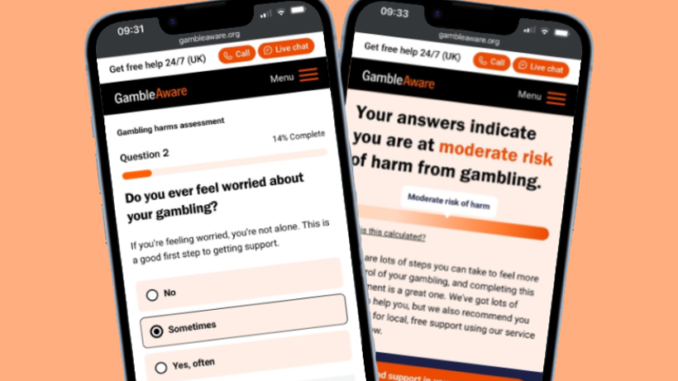
My friend Jake lost $1,800 last month to what looked like a legit casino. Beautiful website, helpful support, the works. Everything seemed perfect until he tried cashing out his winnings.
That’s when things got weird. Endless document requests, impossible verification hoops, then complete radio silence. His money vanished, and the site disappeared two weeks later.
This wasn’t some obvious scam with broken English and fake testimonials. These guys were pros who built something that fooled a seasoned gambler. That’s when I realized I needed a better system for spotting fakes.
For comparison, Toto Casino Online shows what legitimate looks like—proper Dutch licensing, verified history since 1957, and real iDIN authentication that actually protects your money.
How These Scams Actually Work
Today’s casino scammers aren’t amateurs. They study real casinos, copy everything perfectly, and create sites that pass casual inspection easily.
Here’s their playbook: operate normally for a few weeks, process small withdrawals to build trust and get good reviews. Once they’ve collected enough deposits, boom—withdrawal problems appear and they eventually vanish.
The scary part? They specifically target experienced players who think they’re too smart to get fooled.
My 5-Minute Reality Check
After watching too many friends get burned, I came up with this system. Takes five minutes but saves thousands.
Minute 1: License Check Find the licensing info in the footer and click it. Should link to an official government database where you can verify the casino name matches the license number. If it’s just a blurry image or links nowhere, run.
Minute 2: Payment Methods Real casinos accept normal stuff—Visa, PayPal, bank transfers. Scammers stick to crypto and weird e-wallets because they’re harder to trace. If they won’t take your credit card, that’s suspicious.
Minute 3: Game Providers Check if they actually partner with big names like NetEnt or Pragmatic Play. Visit the provider’s website and see if this casino is on their partner list. Fake casinos lie about partnerships constantly.
Minute 4: Support Test Hit up live chat and ask specific questions about withdrawals and verification. Real operators give detailed answers fast. Scammers use bots or can’t answer basic questions about their own policies.
Minute 5: Reputation Search Google “[casino name] withdrawal problems” and see what comes up. Real casinos have normal mixed reviews. Fake ones either have perfect reviews posted the same week or horror stories about vanished money.
Instant Red Flags
Some things scream “scam” immediately. Promises like “guaranteed wins” or “zero house edge” are mathematically impossible and dead giveaways.
Countdown timers and “claim now or lose forever” pop-ups? That’s pressure tactics to get your money before you can think straight.
Missing responsible gambling info is another big one. Legit casinos promote deposit limits and self-exclusion tools. Scammers couldn’t care less about player protection.
Testing Game Authenticity
I always verify their game library too. For example, checking if demo versions work properly—like testing https://slotspeak.net/eggs-bonanza-demo/ to see if their claimed provider partnerships actually give access to real games versus knockoff copies.
Real partnerships mean games load from provider servers with proper certification. Fake casinos use pirated versions that look similar but don’t have real randomization.
Advanced Scammer Tricks
Modern scammers get creative. They register domains similar to famous casinos, hoping you’ll mistype a URL. They steal real license numbers from legit operators and display them on fake sites.
Some run “soft launches” where they operate normally for weeks, building trust before implementing withdrawal restrictions on bigger amounts.
Protection That Works
Never skip the 5-minute check, no matter how professional a site looks. Scammers spend serious money on convincing facades specifically to fool quick inspections.
Start small on new platforms, even ones that pass verification. Test their withdrawal process with modest amounts first.
Document everything—screenshot licenses, save chat logs, note weird policies. This stuff becomes crucial if you need to file complaints later.
When Things Don’t Add Up
If a casino fails multiple checks, walk away regardless of their bonus offers. Report sketchy operations to licensing authorities and warn other players on forums.
Remember: legitimate casinos welcome questions about their credentials. Operations that get defensive or evasive when you ask basic questions are waving huge red flags.
The Bottom Line
This system has saved me from four different scam attempts in the past year. Each time, something felt off during verification, and digging deeper revealed serious problems.
Five minutes of checking beats months trying to recover stolen funds from vanished casinos. The time investment is tiny compared to the protection it provides.
The most expensive gambling mistake isn’t losing a bet—it’s trusting the wrong casino with your money.

Leave a Reply